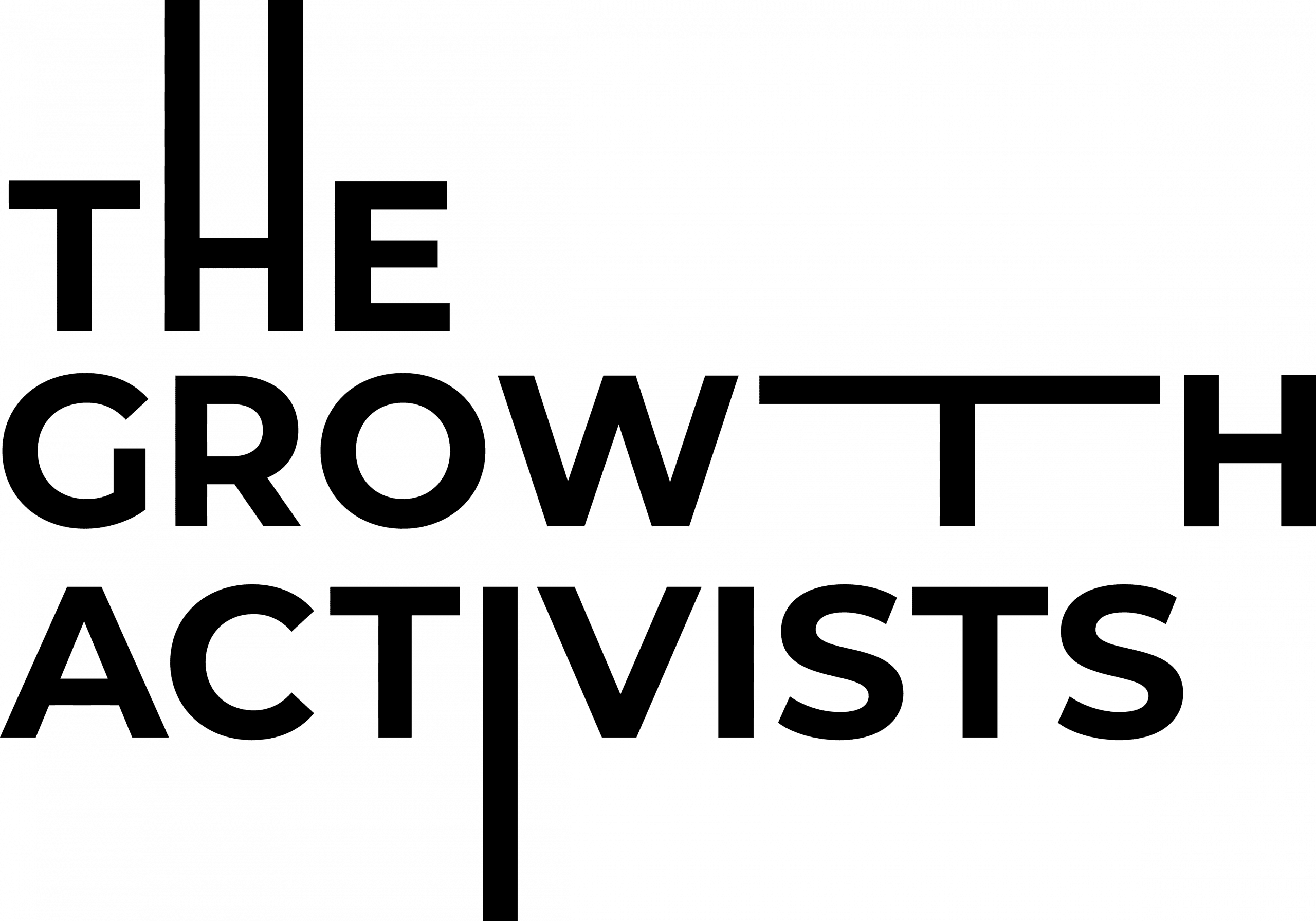Solving the Social Dilemma: Best-practice ESG management for business
The fight against climate change has proved business can be — and must be — a force for good. Look around and you’ll see commitments to sustainability transformation in just about every aspect of business. From organisation-wide carbon audits to powerful decarbonisation strategies, so many businesses are putting their best foot forward in the march toward saving the planet.
This proactive approach to environmental management is also good for the bottom line. But it’s not just about impressing shareholders. There are multiple stakeholders in play. Customers want to support eco-friendly operators. Employees want to work for businesses that do good for the planet. Investors and shareholders increasingly see stability in sustainability. Suppliers want to be part of eco-conscious networks.
We’re not telling you anything new here. But the obvious move to eco-friendly business demonstrates the skyrocketing value businesses are placing on understanding and adhering to best-practice environmental, social and governance (ESG) standards.
However, environment is only one aspect of any good ESG strategy. The way your business approaches its social responsibility — the ‘S’ in ‘ESG’ — is just as important as how you handle your environmental impact.
Best-practice ESG Management for Business
The Importance of the ‘S’ in ESG
Sub-standard labour practices in your supply chain, employees who feel under-paid or under-valued, and any negative impacts your business may be having on the greater community can destroy your brand’s reputation — and customer base — with a single viral social media post.
But looking after the ‘S’ in ‘ESG’ isn’t just about protecting your reputation. There are other real business benefits. When business leaders put purpose first, good things happen across the board.
Making sure your people are appropriately paid, treated fairly, have access to development and training opportunities, and are cared for with wellness initiatives boosts engagement, productivity and retention — and your profits. A study by the Global Wellness Institute found that companies with more engaged employees report 22 percent higher profitability.
Your customers are watching too. According to an IBM research report, 40 percent of consumers are purpose-driven. They seek out products and brands that align with their values, and are willing to pay a premium for them.
Focus your approach
That’s all well and good, but understanding the social responsibility landscape can feel overwhelming. No one company can solve all the world’s problems. But you can make a difference in a few focused areas.
For starters, you need to clearly articulate your company’s core values and mission. This will serve as a map to guide you when choosing social issues to engage on, and will help ensure your ESG actions stem from your company’s overall purpose or intent.
Then, you need to assess your current social impact and identify your strengths and vulnerabilities. What are you already doing well? Where do you need to improve? And how will you direct your social focus to further your mission and live your core values?
This is the business of social innovation. It’s about knowing when to take the lead on the social issues that align with your core values. Knowing when to team up with other organisations or foundations to share the load. And knowing when to step back on issues that are not relevant to your company’s purpose.
Measure your social impact
To quantify your social impact, you need to effectively measure your ESG actions. When it comes to social responsibility, you can see your performance in analytics like customer loyalty, employee engagement and brand awareness.
As you build an engaged network of employee and customer advocates who stand shoulder-to-shoulder with you on your social actions, you’ll likely see a few things happen. Customers will become more loyal to your brand; employees will engage with their purpose-driven mission; and you’ll build more brand awareness as you’re seen out in the trenches of social advocacy.
It’s a win-win situation. Best-practice ESG strategy has the power to transform your business into a genuine force for social good, while delivering tangible bottom-line benefits.
The Growth Activists can help your business become a force for good. Contact us at hello@growthactivists.com for a chat about how we can turn proactive thinking into ESG action.




